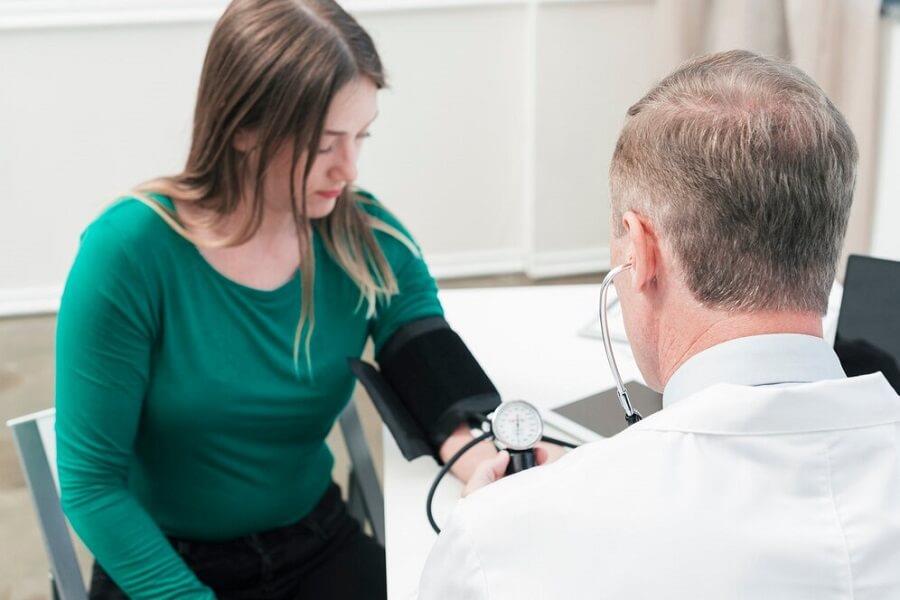
Understanding Your Pulse Rate: What’s Normal and What Affects It
Your heart is always at work, beating day and night to keep you going. One way to keep an eye on your heart health is by checking your pulse rate. It might seem like a small thing, but your pulse can tell you a lot about how your body is doing.
What is a Normal Pulse Rate?
For adults, a normal pulse rate generally falls between 60 and 100 beats per minute (bpm) when you`re at rest. This range applies to both men and women, although women may sometimes have a slightly higher pulse due to hormonal differences and body structure.
If you’re wondering specifically about the normal pulse rate for women, it’s the same range: 60–100 bpm. However, your rate can vary slightly based on your fitness level, age, and daily routine.
For children and infants, the pulse rate is usually higher. This is because their hearts are smaller and need to beat faster to maintain circulation.
What Causes an Increase in Heartbeat?
Sometimes your heart feels like it`s racing—and that`s not always a bad thing. But it’s important to know why your heart rate increases.Here are a few common causes:
- Physical activity – Exercise makes your heart work harder, which naturally raises your pulse.
- Stress or emotions – Feeling anxious, excited, or even scared can speed up your heartbeat.
- Weather – Hot and humid conditions make your body work harder to stay cool, which can increase your pulse.
- Smoking – Nicotine and other chemicals in cigarettes raise your heart rate and can affect overall heart health.
- Illness or fever – When your body fights off infections, your heart rate can go up to help regulate your body temperature.
If you feel your heart racing often without a clear reason, it’s a good idea to get it checked.
How to Increase Pulse Rate If It`s Too Low
On the flip side, some people experience a pulse that’s too low, also known as bradycardia. If your pulse drops below 60 bpm and you`re not an athlete, it could be a cause for concern. Here’s how you can try to safely increase your pulse rate:
- Get moving – Regular light exercise like walking can help improve heart function.
- Stay hydrated – Dehydration can slow your heartbeat.
- Avoid sitting too long – Standing up and stretching every hour keeps your blood flowing.
- Eat balanced meals – Iron, potassium, and magnesium support healthy heart rhythms.
- Manage stress – Techniques like yoga and deep breathing can help your nervous system work more efficiently.
If you`re feeling dizzy, lightheaded, or tired along with a low pulse, it`s best to consult a doctor.
What Can Influence Your Pulse Rate?
- Your heart rate isn’t fixed—it changes based on what’s happening in and around you. Here are some things that affect your pulse:
- Your fitness level: Regular exercise makes your heart stronger, which can lower your resting pulse.
- Age: As we get older, the heart`s capacity to beat fast during activity can reduce.
- Body position: Standing up quickly or lying down for too long can cause slight changes in heart rate.
- Medication: Some medicines either slow down or speed up your heart rate depending on how they affect your nervous system or hormones.
- Thyroid issues: Too much thyroid hormone can speed up your pulse, while too little can slow it down.
Whether you’re checking your heart rate after a workout or just being mindful of your health, understanding your pulse rate can make a big difference. Keep in mind that what’s normal for one person might be slightly different for another, and that’s okay.